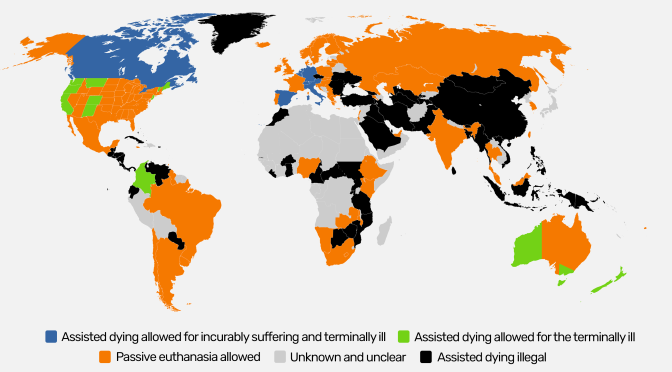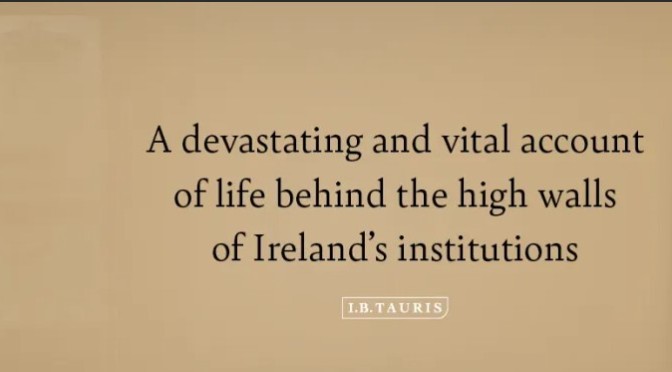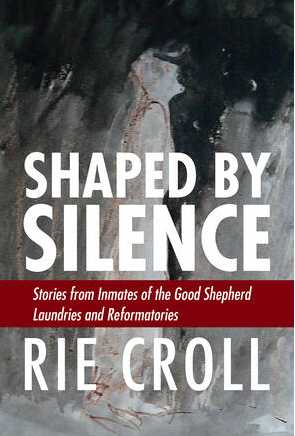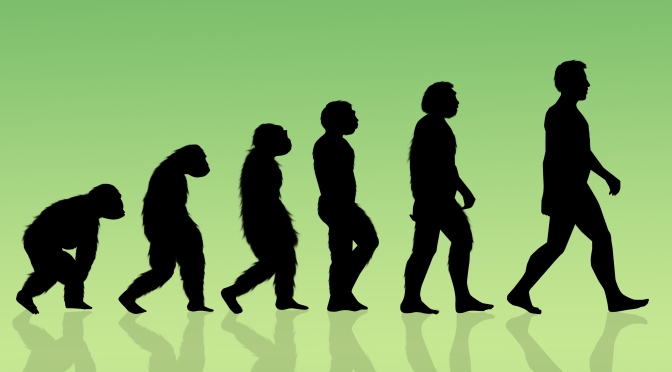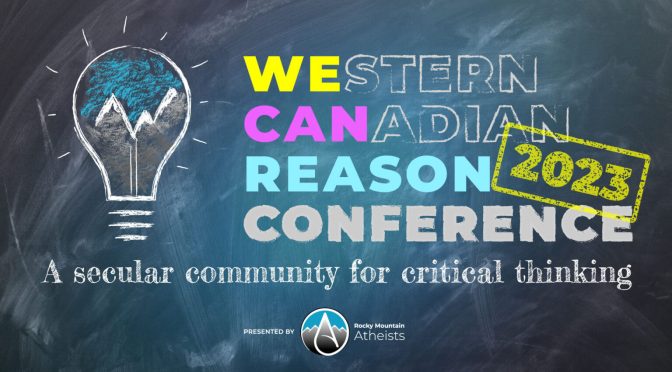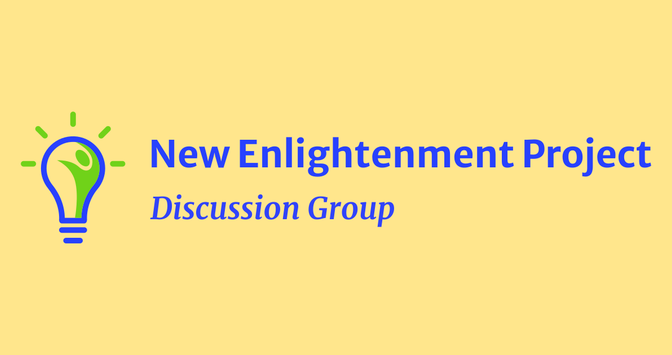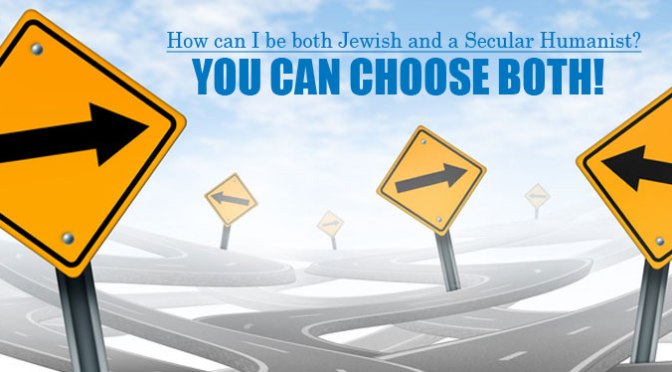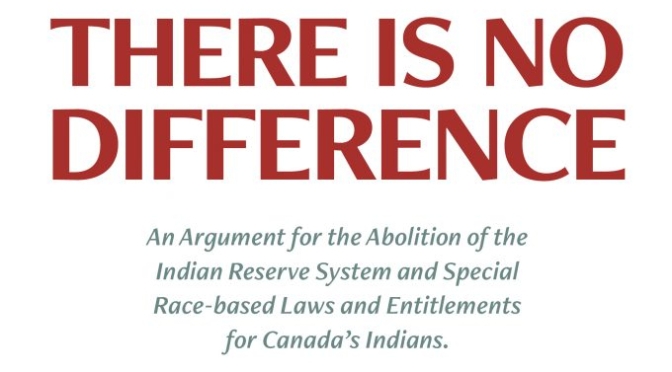As a part of the Humanist Heritage Canada’s updated organization plan for 2023, we are featuring articles about the wide variety of contemporary Canadian organizations that self-proclaim a humanist philosophy.
This week, we are pleased to present an update from the New Enlightenment Project (NEP). We introduced this organization of Canadian Humanists, who felt the need for a “platform where all subjects of concern to Humanists could be discussed freely and where civilized debate could be held without fear” in a discussion article in October of 2021 – shortly after the organization was founded.
NEP currently operates a website and Facebook discussion page. The latter requires users to join. Our own “membership” was pending at the time this article was posted – so we can’t comment on the quality nor quantity of discussions to be enjoyed.
Enlightenment Humanism Projected to Advance in 2023-24
Lloyd Hawkeye Robertson, President
New Enlightenment Project
In an October 2021 interview I told Humanist Freedoms that our newly created organization aimed to 1) provide education on the enduring qualities of reason and compassion which define humanism; 2) affirm that the application of humanist values flow from a stance firmly rooted in reason and compassion; and, 3) improve our knowledge base through open discussion and free debate. The New Enlightenment Project accomplished much in 2022 and we project major future advances for Enlightenment Humanism.
As part of our podcast interview series, Steven Pinker touched on the challenge of defending humanism from people who claim to be secular but nonetheless attack Enlightenment principles such as our support for science, reason and freedom of speech. Another podcast interview discussed how these people, often called the “Woke,” cancelled two articles by B.C. lawyer Shahdin Farsai on the subject of “correct pronouns,” and then attempted to cancel her law practice. An article co-authored by the president of NEP and the news editor of the Centre for Inquiry Canada opined:
Our goal above all else should be to value evidence-based critical thinking. In keeping with Article 4 of the Amsterdam Declaration on humanism, we strive for open, undogmatic dialogue that seeks to combine personal liberty with social responsibility. (Robertson & Tasca, 2022 p. 25)
In 2022 Humanists International ratified an updated “New Amsterdam Declaration” affirming the ethical and rational principle by which humanists can lead fulfilling and meaningful lives within the modern world context. We see the Declaration as a guide and we are reviewing it for the purpose of adopting our own declaration this coming year.
In the 2021 interview with Humanist Freedoms I said that one of our priorities was “to come to terms with indigeneity in a postcolonial world.” The challenge is to present an alternative to the new religious movement of Native Spirituality that positions science and reason as “one way of knowing” among many. For those who hold this view their beliefs trump evidence, but such dogmatism is not inherent in aboriginal cultures (Robertson, 2021) . Secular humanism is relevant to aboriginal peoples in several ways: 1) A humanist perspective emphasizes individual agency leading to people taking control of their own lives, communities, and cultural heritage; 2) Humanism values diversity and respect for different cultures, beliefs, and lifestyles; and 3) Evidence-based decision-making as embraced by humanism can be seen as important for aboriginal communities in making decisions about their future and addressing social, economic, and environmental challenges.
Diversity of thought is common in both humanism and cultures aboriginal to North America and, indeed, is a strength leading to new solutions. In the spirit of promoting such diversity we interviewed Frances Widdowson, co-author of the book Disrobing the Aboriginal Industry. We then completed two interviews with Cree/Metis elder and author Keith Goulet , In the first we explored the history and application of the Doctrine of Discovery as espoused by the 15th Century Roman Catholic Church, In the second interview we explored the traditional Cree family or clan system and the link between language and worldview. In both interviews we explored humanism within the aboriginal context.
The Doctrine of Discovery, which declared that the Americas were uninhabited for the purpose of colonization, had profound and lasting effects. Going forward, we are planning a joint campaign with the Italian humanists, Unione degli Atei e degli Agnostici Razionalisti, to encourage the pontiff to rescind or repudiate the doctrine. We also note that land acknowledgements, meant to acknowledge Canada’s original inhabitants, have become performative and are often historically inaccurate. In the upcoming year we will explore the function and purpose of these land acknowledgements.
In our 2021 interview I noted that globally we have to deal with religiously infused authoritarian regimes, particularly in the Muslim world, who harass, jail and even execute atheists. We have united with humanists internationally in defending those suffering from such oppression and defending those apostates who are often cancelled from universities and publishers for their bravery. We are concerned that Islam is shielded from criticism by our prime minister who accuses critics of “Islamophobia,” and that no other religion is defended in this way. We agree with the Association humaniste du Quebec that the term “Islamophobia” should be replaced with the phrase “combating violence against Muslims” with recognition that criticizing a doctrine or practice is not the same thing as violence. We abhor actual violence against all groups including women and children in Islamic families and communities and that will be part of our campaign in 2023.
In summation, our mandate is to unite humanists who are still committed to Enlightenment ideals. We shall gather with Enlightenment humanists across Canada and abroad in pursing this mandate into 2024.
References
Robertson, L. H. (2021). The Medicine Wheel Revisited: Reflections on Indigenization in
Counseling and Education. SAGE Open, 11(2), 1-11.
https://doi.org/10.1177/21582440211015202
Robertson, L. H., & Tasca, E. (2022). Waking from Wokism: Inoculating Ourselves against a
Mind Virus. Free Inquiry, June/July, 21-25.
Citations, References And Other Reading
- Featured Photo Courtesy of : New Enlightenment Project
The views, opinions and analyses expressed in the articles on Humanist Freedoms are those of the contributor(s) and do not necessarily reflect the views or opinions of the publishers.
By continuing to access, link to, or use this website and/or podcast, you accept the HumanistFreedoms.com and HumanistHeritageCanada.ca Terms of Service in full. If you disagree with the terms of service in whole or in part, you must not use the website, podcast or other material.
